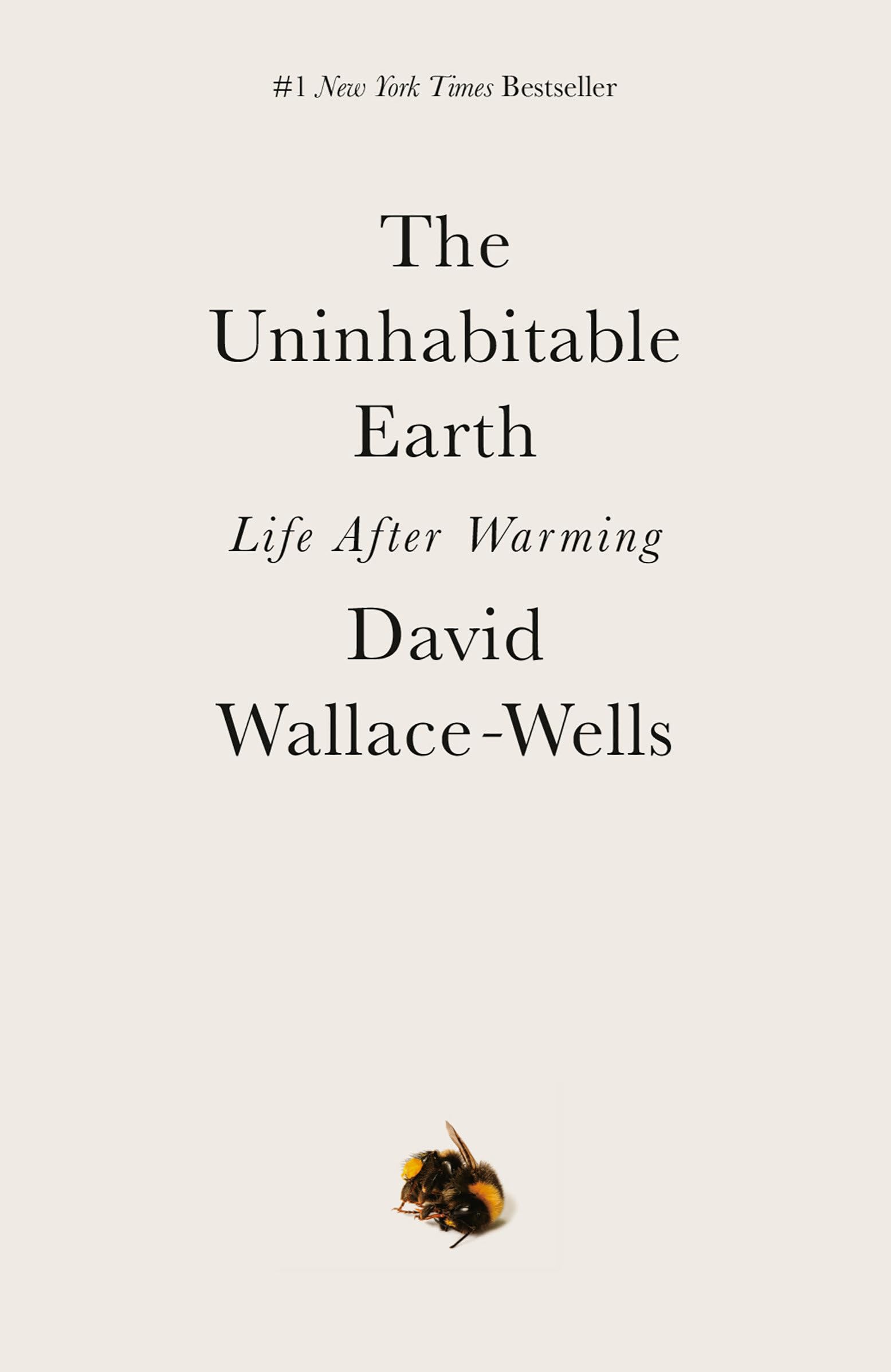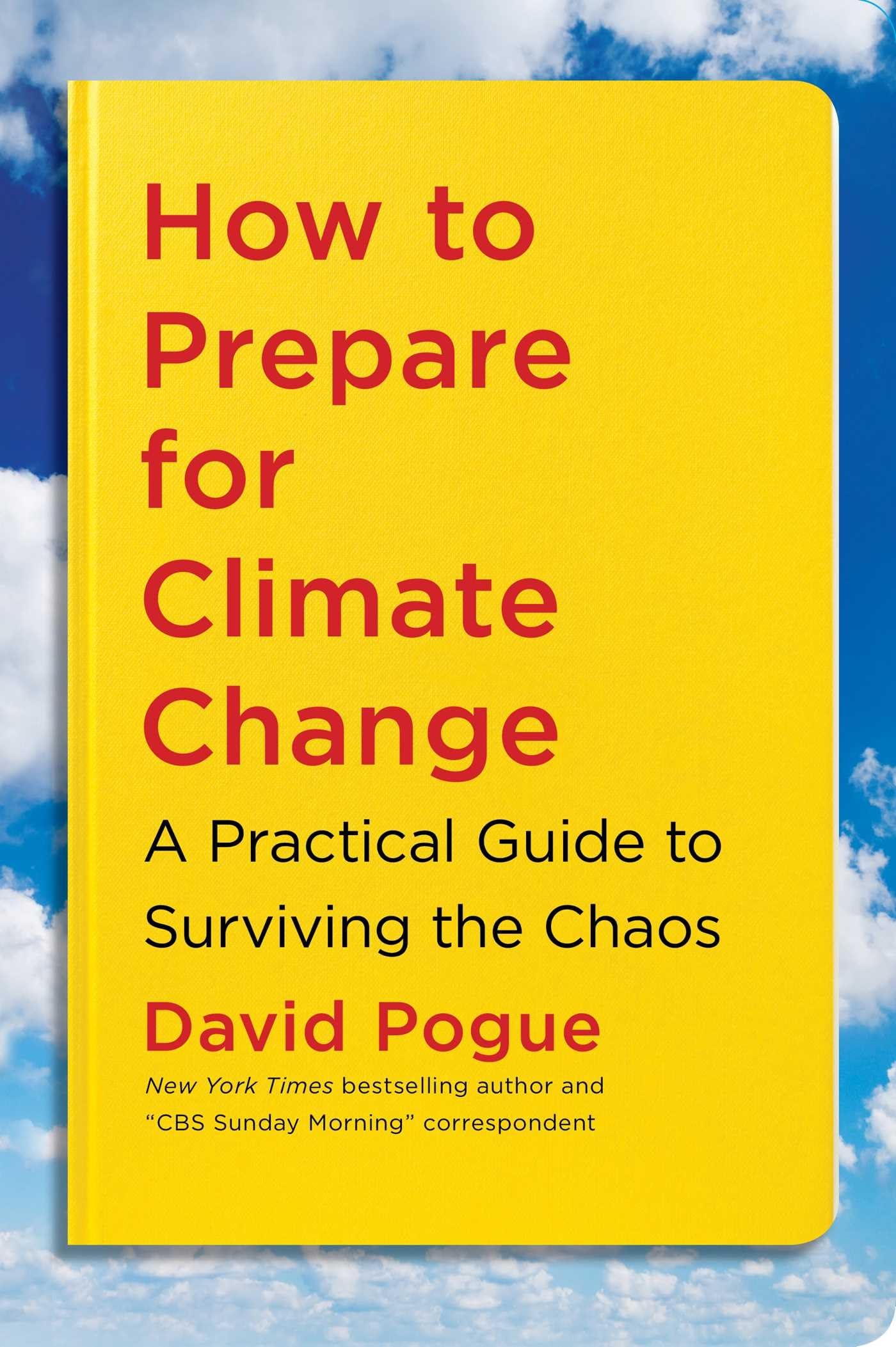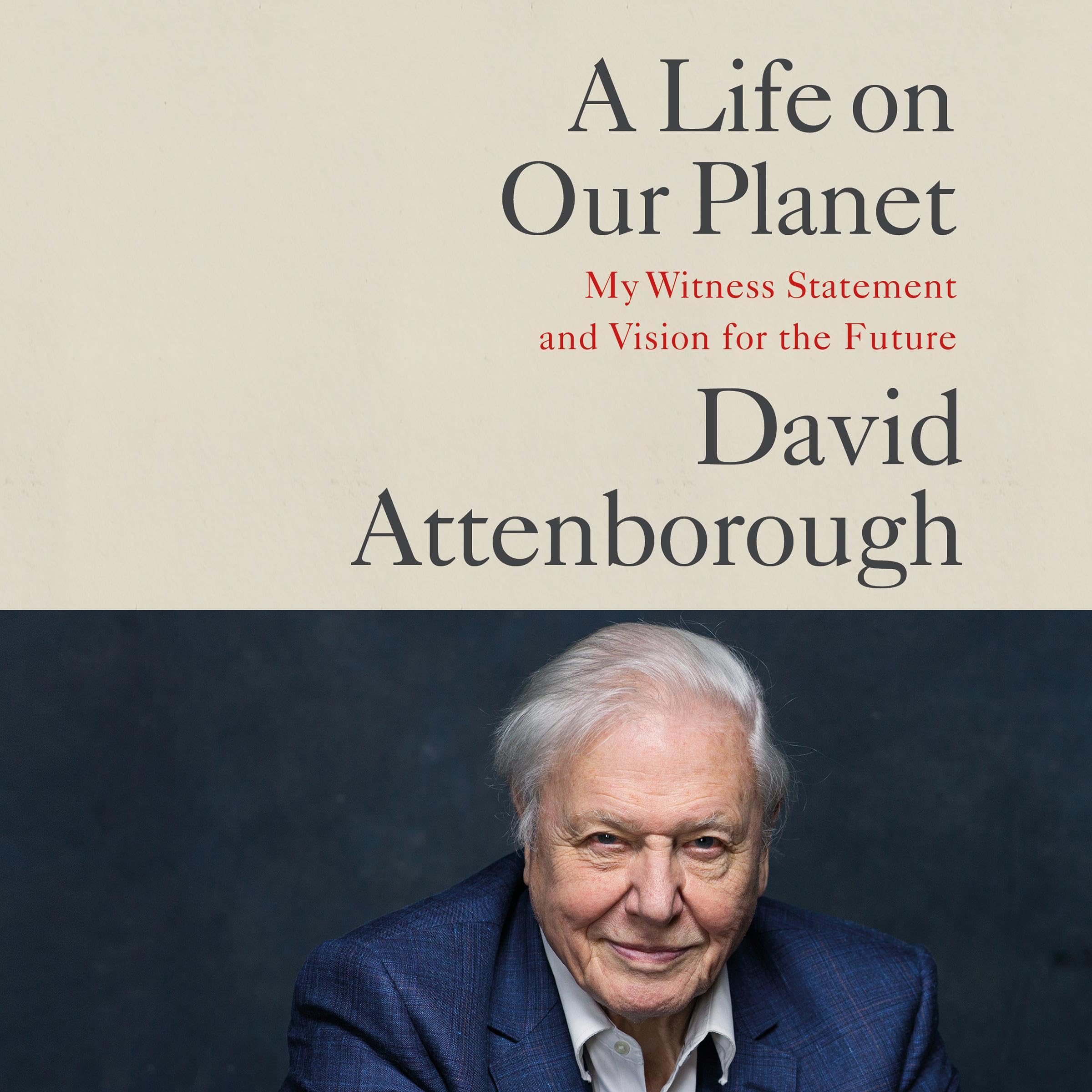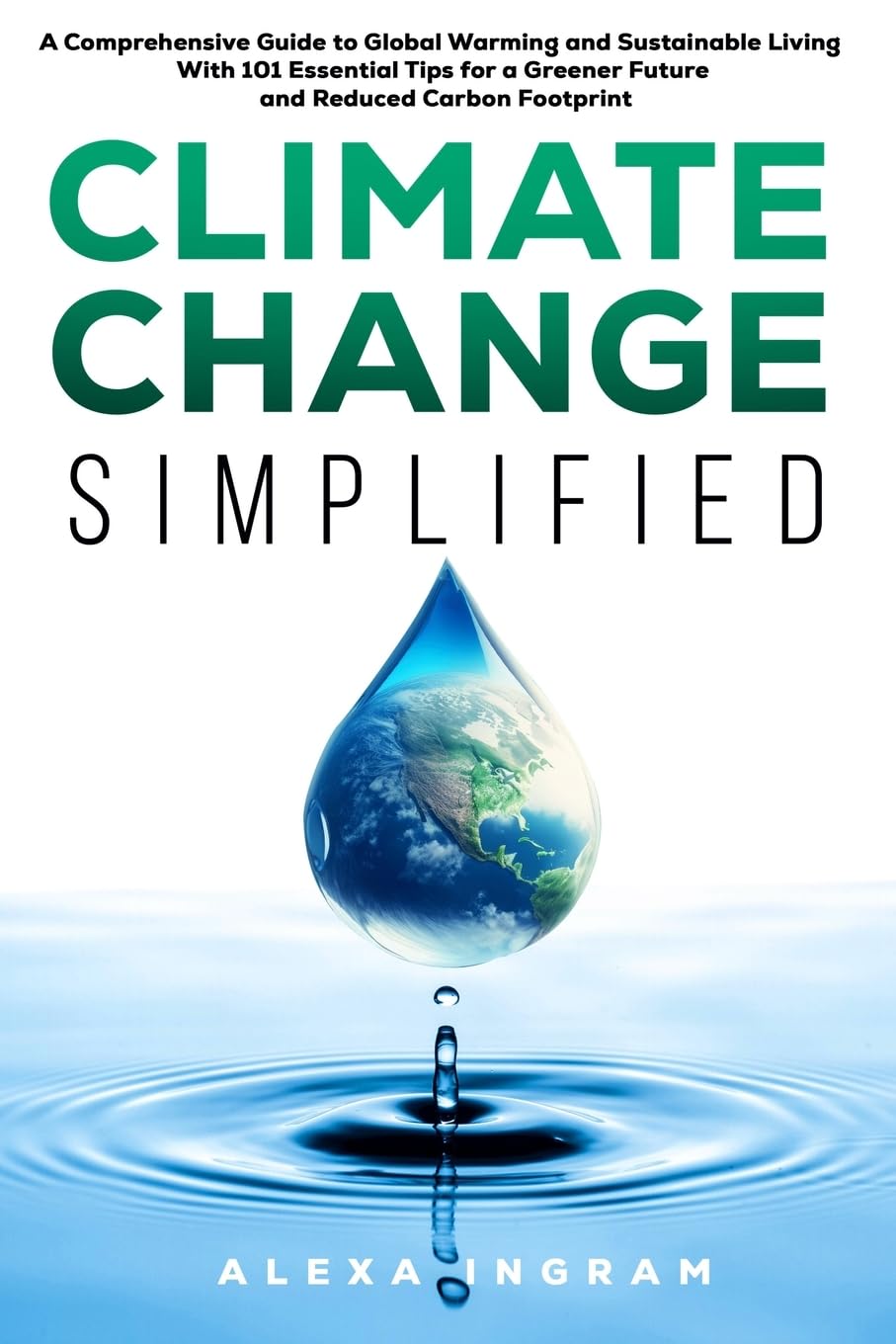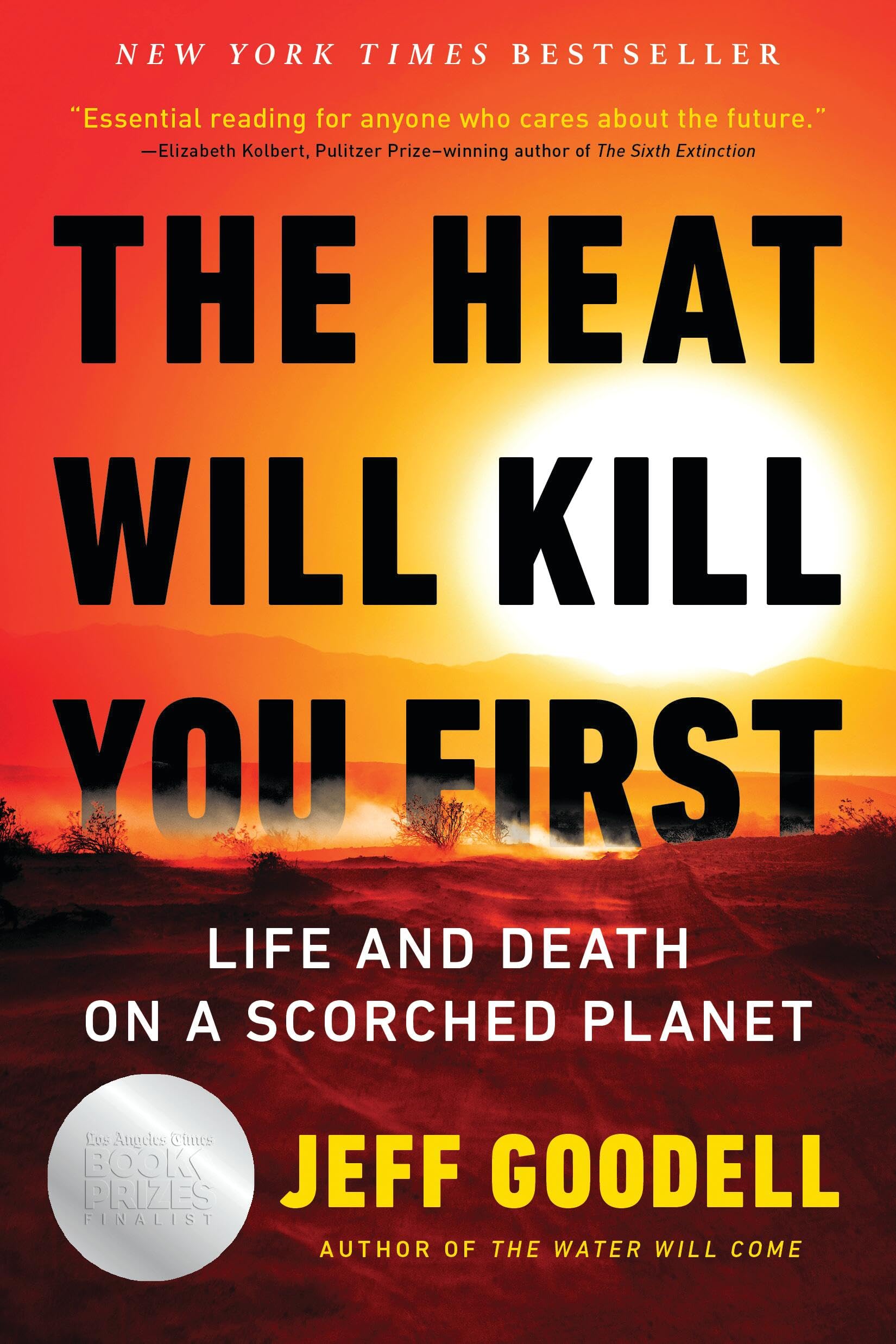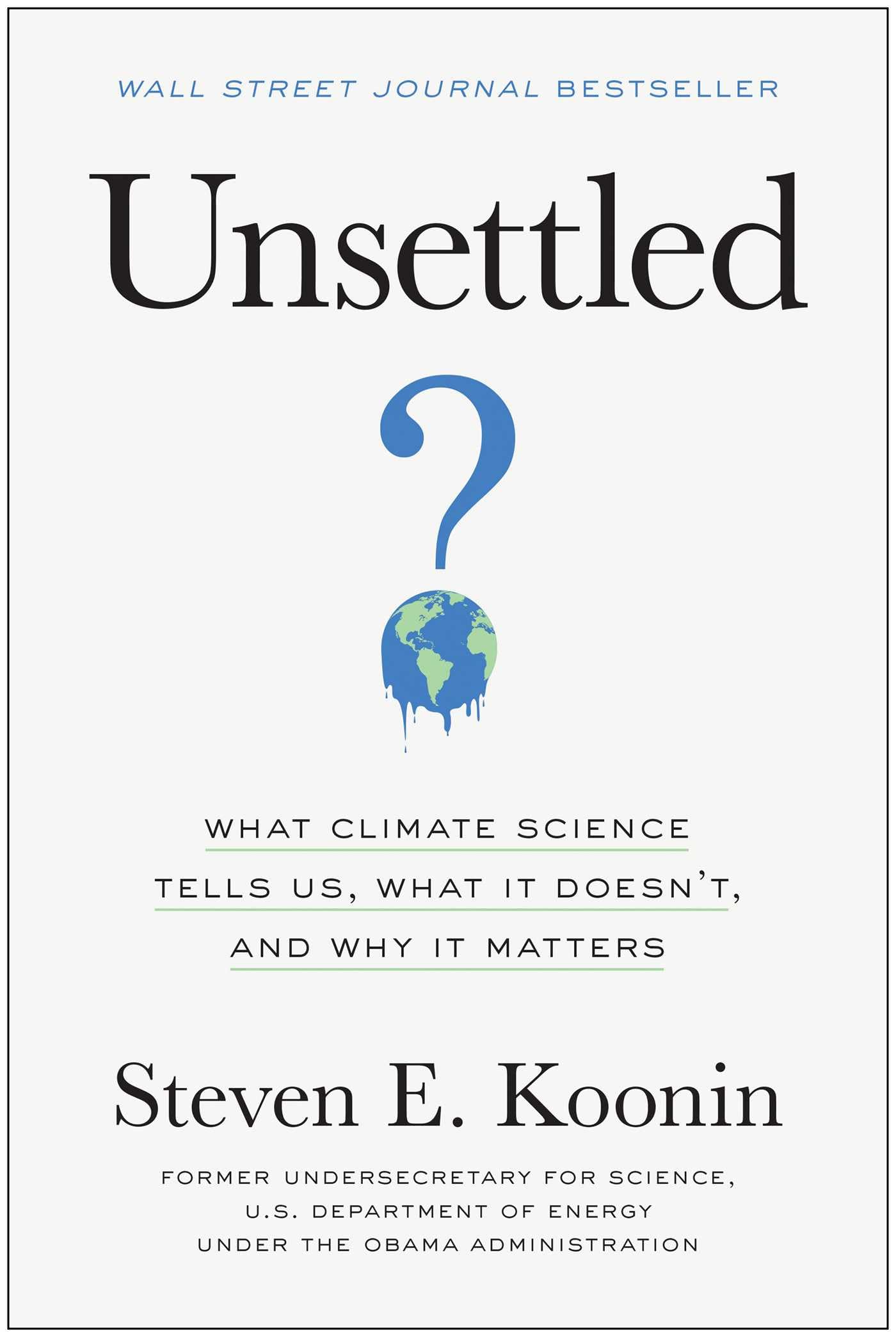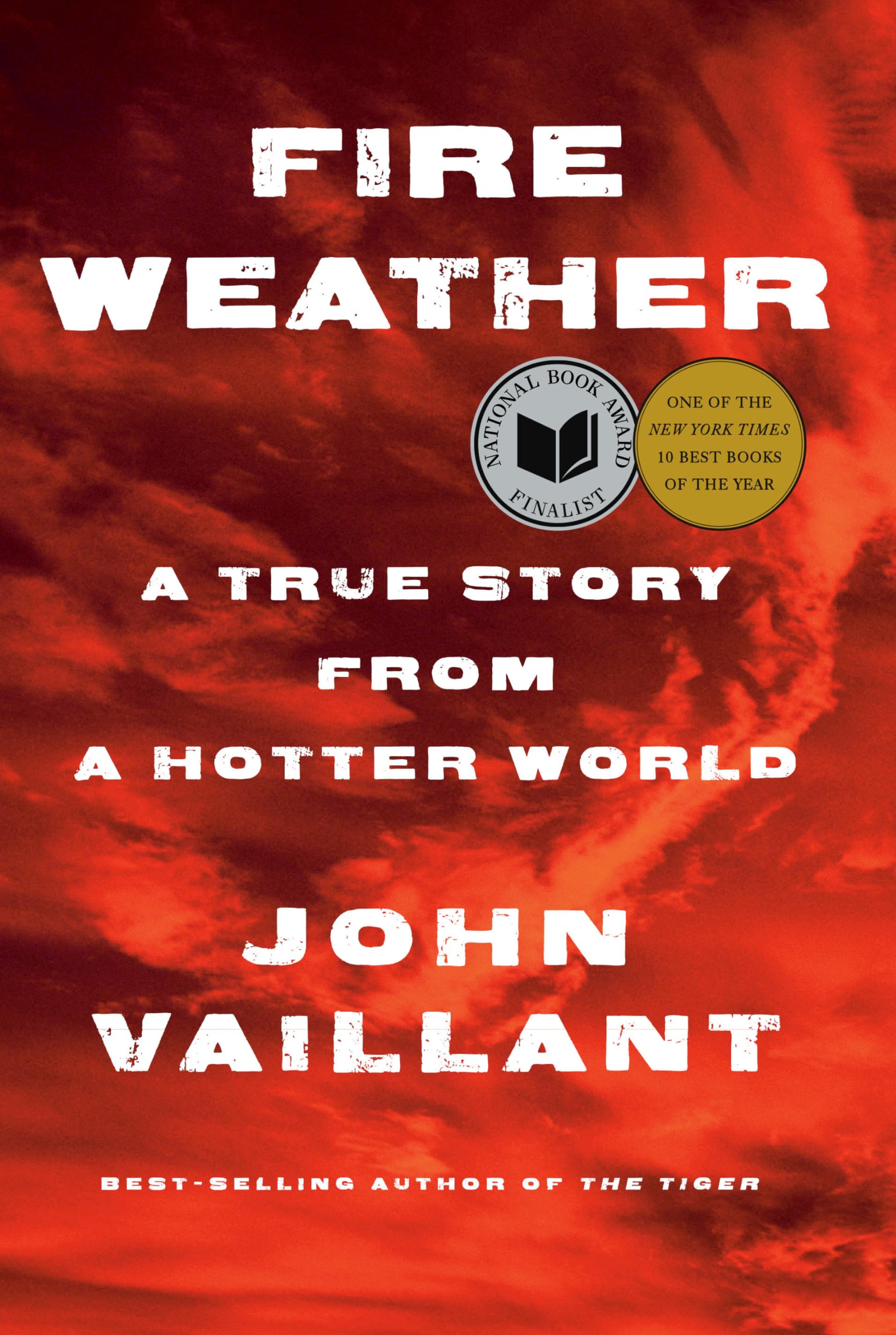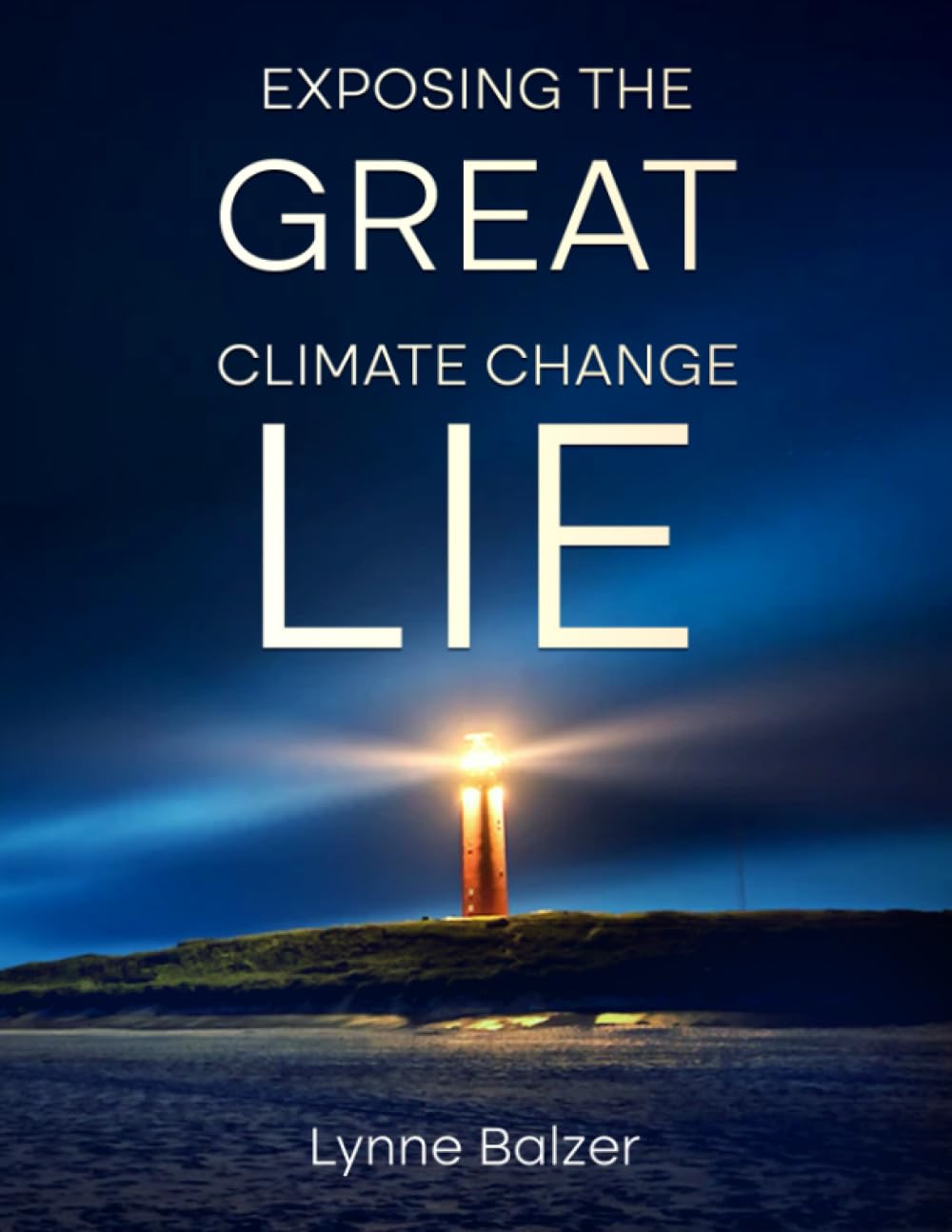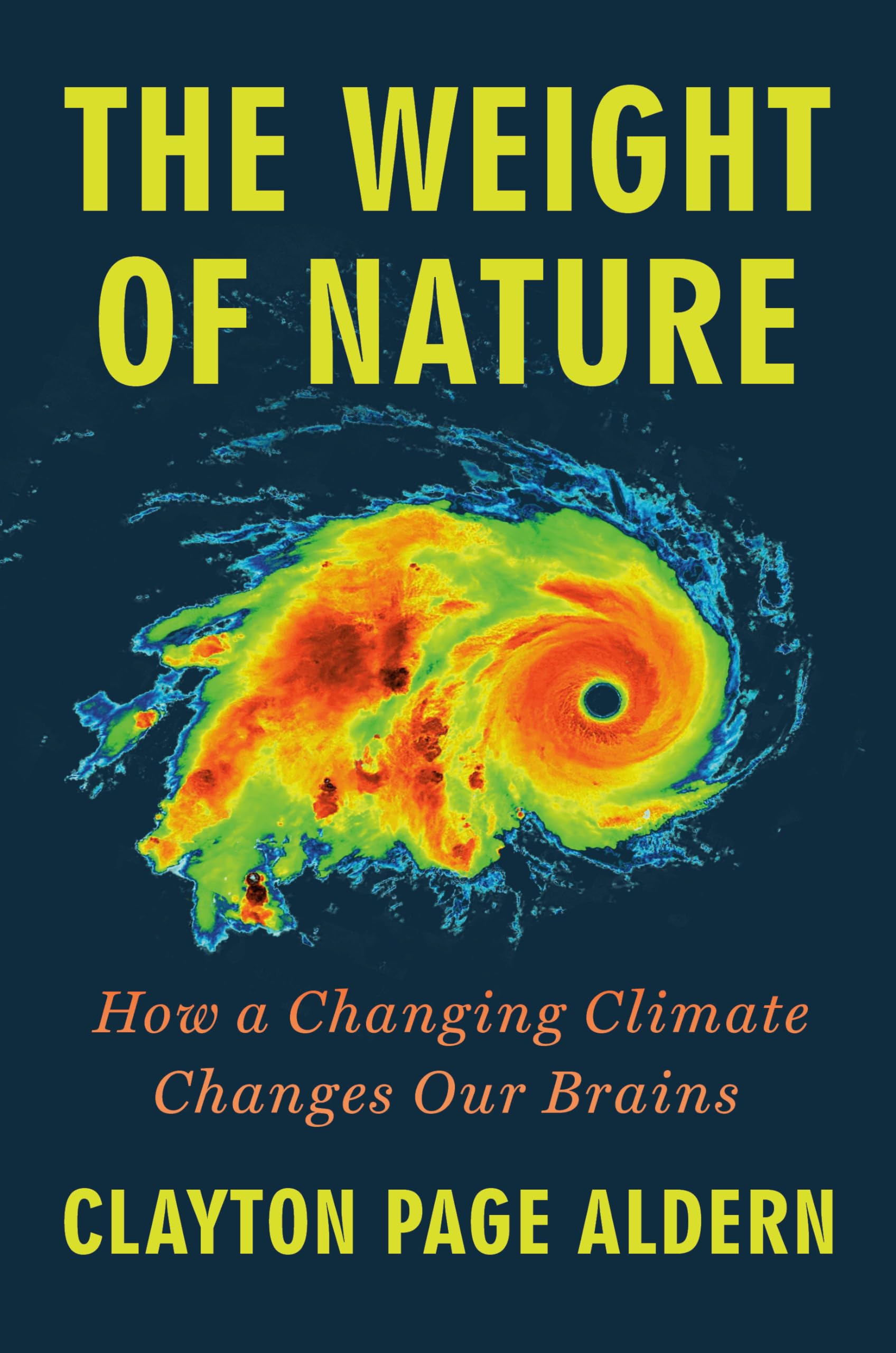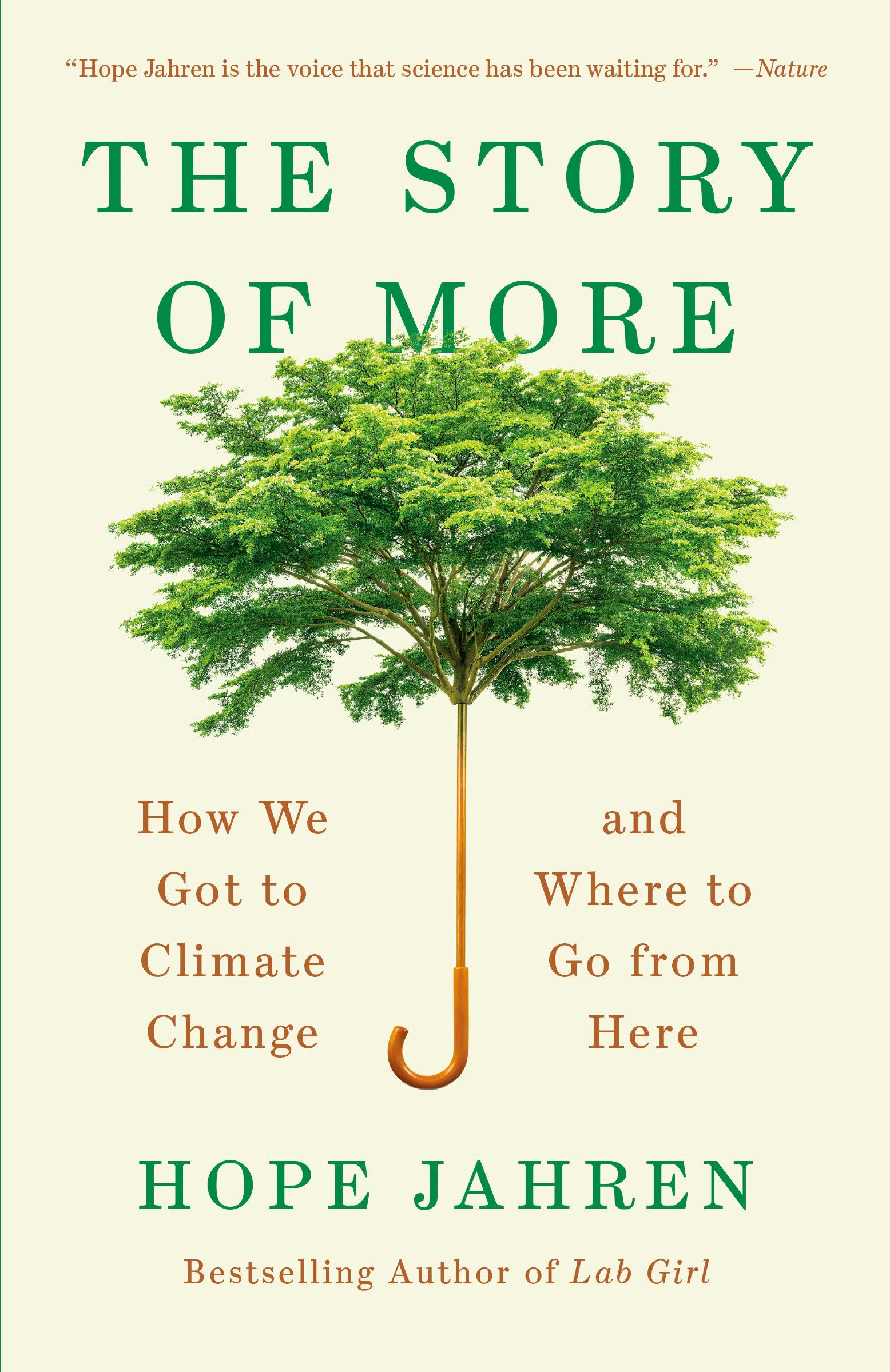Climate change and global warming are urgent topics affecting our planet today. As interest in understanding these issues grows, books on global warming have become essential for many readers. These books explore the science behind climate change, its impact on the environment, and potential solutions to combat the crisis. Choosing the right book can help you learn more about the changes happening worldwide.
When selecting a book on global warming, consider the author’s expertise and perspective. Some authors focus on scientific research and data, while others emphasize policy or personal stories. It’s important to find a book that matches your interest and offers information you can apply. Also, think about the publication date, as recent books may provide updated information on climate research and developments.
Books on global warming can inform and inspire you to take action. With so many options available, finding one that resonates with you can make a big difference in how you understand and engage with this important issue. Let’s look at some of the best books on global warming.
Best Books On Global Warming
Explore our selection of top books on global warming. You will find engaging and informative reads that offer insight into this critical topic. Whether you’re new to the subject or looking to deepen your knowledge, these books are valuable resources.
The Uninhabitable Earth
This impactful book offers deep insights into the harsh realities of climate change, making it a vital read for those concerned about our planet’s future.
Pros
- Provides detailed scientific information.
- Engaging and thought-provoking narrative.
- Helps raise awareness about urgent climate issues.
Cons
- Content may feel overwhelming.
- Dense with complex information.
- Not suited for those seeking a light read.
The Uninhabitable Earth takes you on a journey through the challenges posed by global warming. David Wallace-Wells combines extensive research with compelling writing to portray the potential outcomes of climate inaction. This book is not for the faint-hearted but crucial for understanding the depth of the climate crisis.
Through clear evidence and gripping discussions, the book lays out the dire consequences of our current path. It’s an eye-opener, reminding us of what is at stake if we do not act promptly. Wallace-Wells presents scenarios that can motivate you to advocate for change.
While the book packs an emotional punch, it may not be the easiest read due to its complex material and intense subject matter. It requires you to think critically about the information and assess your own role in the broader picture.
How to Prepare for Climate Change
This book is a strong choice if you want practical advice on preparing for a changing climate.
Pros
- Offers realistic advice with practical steps.
- Written in an engaging and accessible style.
- Well-organized and easy to follow.
Cons
- More relevant to readers in the USA.
- Some tips may seem like common knowledge.
- Focuses less on climate science.
David Pogue’s “How to Prepare for Climate Change” provides useful advice for adapting to weather changes and other climate impacts. It’s not a deep dive into the science behind climate change, but rather a guide to what actions you can take.
The book is well-structured with humorous and clear writing. It turns complex issues into manageable steps, which can be helpful if you feel overwhelmed by the topic of global warming.
Some readers outside the USA might find parts less applicable. Despite this, the book offers valuable insights and may be especially beneficial for those seeking practical climate action guidance.
A Life on Our Planet
Engaging and eye-opening, this audiobook is a must-listen for anyone interested in understanding the future of our planet and the impact of climate change.
Pros
- Insightful and thought-provoking content
- Narrated by Sir David Attenborough
- Offers both warnings and solutions
Cons
- Content may be upsetting
- Limited to audio format
- Might not suit those looking for light reading
In “A Life on Our Planet,” Sir David Attenborough shares his unique perspective on the state of the world. His experience and passion for nature shine through, making it both an educational and emotional experience.
This audiobook dives into daunting scenarios about the future. However, it also provides hope by illustrating potential paths forward. It challenges you to think critically about your actions and their consequences.
The book is expertly narrated by Attenborough himself, adding a personal touch to the powerful message. It’s crafted to enlighten listeners and encourage real change in how you interact with the environment.
Climate Change Simplified
A must-have if you’re eager to understand global warming and want handy tips for a sustainable lifestyle.
Pros
- Easy to understand
- Practical, real-world tips
- Covers varied climate issues
Cons
- Might oversimplify for some
- Limited in-depth analysis
- Focuses mostly on basics
Alexa Ingram’s book is a practical guide if you’re new to climate change concepts. It simplifies complex issues, making it digestible for all readers. The approachable style ensures you won’t feel overwhelmed by scientific jargon.
With 101 tips for a greener future, the book offers action-oriented advice. You’ll find insights on common practices that affect the environment, such as how rice cultivation contributes to methane emissions.
Pick this book if you wish to adopt sustainable habits in daily life. Its straightforward layout and clarity encourage readers to engage actively with environmental issues.
The Heat Will Kill You First
If you’re interested in the impacts of climate change, this book is a compelling and informative choice.
Pros
- Engaging writing that draws you in
- Clear explanations of climate issues
- Well-researched insights
Cons
- Some sections may feel overly dramatic
- Could include more scientific data
- Not everyone will agree with its views
Jeff Goodell’s book dives into the urgent reality of global warming and its effects on our planet. It captures attention with its engaging storytelling, making complex topics easier to grasp for readers of all backgrounds.
Each chapter uncovers different aspects of climate challenges, offering clear explanations and engaging narratives. This approach helps in understanding the current scenario and what changes might lie ahead.
While the writing style engages, some readers might want more data-driven content. Yet, it serves as a wake-up call to those concerned about climate issues, urging action and awareness.
Unsettled: Climate Science Insights
This book offers a unique perspective on climate science, questioning common assumptions and providing insightful analysis.
Pros
- Offers a fresh perspective on climate science.
- Written by a qualified and experienced author.
- Encourages critical thinking about climate data.
Cons
- Might challenge conventional beliefs on climate change.
- Dense scientific content may not be for everyone.
- Some readers may find it controversial.
“Unsettled” is authored by Steven Koonin, who brings his vast experience from working in the government and academia to this book. It offers insights into what climate science tells us, what it doesn’t, and why this uncertainty matters.
The book encourages readers to think critically about the prevailing climate change narratives. Koonin presents an analysis that questions certain common assumptions, making it a thought-provoking read.
While it brings a fresh and informed perspective, you may find the scientific details dense if you’re not familiar with such content. If you enjoy challenging your understanding and seeking varied viewpoints, this book could be a rewarding choice.
Fire Weather
A captivating read on climate challenges, “Fire Weather” is worth considering for its in-depth exploration and engaging storytelling.
Pros
- Engaging storytelling makes complex topics easy to understand
- Detailed coverage of critical global climate issues
- Insightful exploration of human experiences during wildfires
Cons
- Lengthy read may be time-consuming
- Focus on specific events might not appeal to everyone
- Some readers may find technical details overwhelming
This book provides a deep dive into the complexities of climate change by weaving a narrative around the Fort McMurray fire. It effectively humanizes the issue, demonstrating the real impact of climate change on communities.
With its engaging writing style, the book holds your attention while explaining the technicalities involved. The author, John Vaillant, is praised for making the topic accessible to a broad audience.
Exposing the Great Climate Change Lie
If you’re curious about a different perspective on climate change, this book provides a detailed analysis challenging the mainstream narrative.
Pros
- Presents an alternative viewpoint on climate change.
- Includes clear, organized explanations and factual support.
- Easy-to-understand language for a wide audience.
Cons
- Might not align with widely accepted scientific opinions.
- Can be contentious or provoke strong reactions.
- Could feel one-sided to some readers.
This book, “Exposing the Great Climate Change Lie,” offers a different angle on the climate debate. The author, Lynne Balzer, organizes arguments questioning popular climate change conclusions many experts endorse. The straightforward style makes it accessible and quite engaging.
At just 124 pages, the book is concise, making it suitable for quick reading. The structure includes colorful graphs and photos, which help simplify complex data into a more manageable format. Though it’s a compact read, it covers a broad array of points usually not found in mainstream discussions.
For those exploring fresh perspectives on climate issues, this book is worth considering. It can spark interesting conversations and prompts readers to think critically about the information they encounter on this hot topic.
The Weight of Nature
If you want an insightful take on climate change affecting the human mind, then this book might be right for you.
Pros
- Offers a fresh perspective on climate change
- Engaging narrative backed by scientific research
- Raises awareness on a critical issue
Cons
- Some might find the topic overwhelming
- May not appeal to casual readers
- Content can be dense at times
This book examines the impact of climate change on our brains in a compelling way. It explores what rising temperatures do to our behavior and thinking. These effects might surprise you. The anecdotes and studies included help illustrate key points clearly.
The authors provide enough depth to engage people interested in both climate change and neuroscience. Despite the complex topic, the writing is accessible and clear. You might find new, thought-provoking insights about how our changing environment influences us.
This work encourages action and sheds light on why we should care about these changes. Consider this book if you want to understand more about the link between our environment and mental processes.
The Story of More
This book is a thoughtful exploration of climate change that combines science and personal insight, making it a must-read for anyone curious about our planet’s future.
Pros
- Engaging storytelling style makes complex topics easy to grasp
- Provides clear facts backed by reliable sources
- Offers actionable steps for reducing energy consumption
Cons
- Primarily focuses on issues related to the United States
- May seem repetitive for those familiar with climate science
- Some readers might find the tone a bit heavy
Hope Jahren, an award-winning scientist, breaks down the history of climate change in an engaging and informative way. Her storytelling captures the reader’s attention, making complex science approachable and interesting. Each section provides clear facts, making it easier to understand how our actions impact the environment.
While the book is centered on the United States, its messages have worldwide relevance. Jahren explains how different human activities contribute to climate change and suggests actionable steps to reduce our carbon footprint. This book is a valuable resource for readers wanting to learn more about their environmental impact.
“The Story of More” is not just a book about problems—it’s about solutions. By focusing on both challenges and change, it manages to be informative and inspiring, encouraging readers to think critically about their own habits and society’s direction.
Buying Guide
Choosing the right book on global warming can be a bit tricky. Here’s how you can find the right one for you.
Consider the Author’s Expertise
It’s important to check if the author is an expert in climate science. Look for authors who have worked in the field, written peer-reviewed articles, or collaborated with scientists.
Check the Date of Publication
Climate science is always advancing. Choose books that are published recently to get the most up-to-date information. This ensures that you’re not reading outdated concepts or statistics.
Evaluate the Content and Style
Some books focus on scientific data, while others might be more about storytelling or personal experiences. Decide if you’re looking for something technical or easier to read.
Format and Accessibility
Books come in different formats such as print, eBook, and audiobook. Choose a format you are comfortable with. Audiobooks might be convenient if you like listening on the go.
Read Reviews and Recommendations
Reading reviews from other readers can give you insights into what to expect. Look for popular books with positive feedback if you’re unsure where to start.
Price and Availability
Compare prices across different platforms. Libraries or second-hand bookstores can also be good options if you’re on a budget.
| Feature | What to Look For |
|---|---|
| Author Expertise | Experience, publications, collaborations |
| Publication Date | Recent publication |
| Content Style | Technical, narrative, or mixed |
| Format | Print, eBook, Audiobook |
| Price and Reviews | Reasonable prices and positive feedback |

